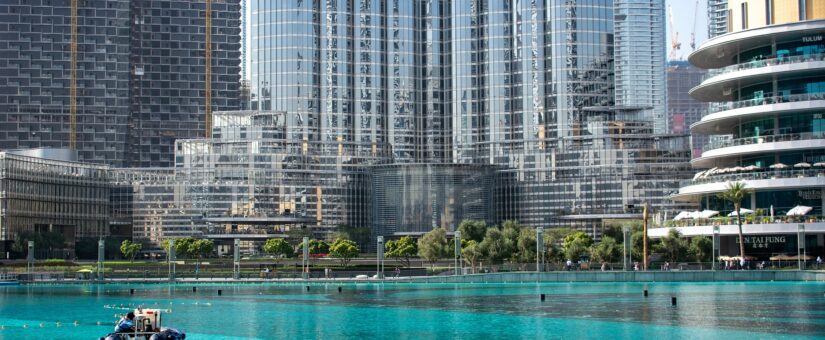
Dubai: new judicial authority to settle jurisdictional conflicts
Dubai is known for having two different legal systems: civil law for the onshore Dubai Courts and common law for the DIFC Courts within the Dubai International Financial Centre. Although both are part of Dubai’s judicial structure, they have often operated separately, creating challenges due to the lack of a single supervisory body. To address this, Article 7 of Dubai Law No. 13 of 2016, called the Judicial Authority Law, established the mutual enforcement of judgments between the DIFC Courts and onshore courts. To further manage jurisdictional conflicts, Dubai Decree No. 19 of 2016 established the Joint Judicial Committee (JJC). Over time, the JJC issued important decisions that helped define the boundaries between these two legal systems.
On 18 April 2024, the Ruler of Dubai introduced a new Judicial Authority to handle jurisdictional conflicts between the DIFC Courts and other judicial bodies in Dubai. This new authority was created through Dubai Decree No. 29 of 2024 and replaces the previous JJC. The committee has shifted from its previous role of both advising and making judicial decisions to now being the final authority on jurisdictional disputes in Dubai. It comprises senior judges from both the DIFC and Dubai Courts, with the Chief Justice of the Dubai Court of Cassation serving as its chair. This new framework aims to bring more clarity in resolving the conflicts between court decisions, making judicial proceedings smoother and more efficient, and is expected to strengthen confidence in Dubai’s legal system by providing a clearer, unified approach to handling jurisdictional disputes.
Scope:
Under Article 4, the Judicial Authority’s tasks are as follows:
- Determining the competent judicial body for any claim or application where a jurisdictional conflict arises between the DIFC Courts and other Judicial Bodies, and
- Deciding which judgment should be enforced when contradictory rulings are issued on cases involving the same parties and subject matter.
This new scope includes conflicts involving not only the Dubai Courts but also the Rental Disputes Resolution Centre and other judicial committees established by decree, providing a broader and more comprehensive approach.[1]
Thus, if a conflict of jurisdiction arises between the DIFC Courts and any other Judicial Body, or if contradictory judgments have been issued, litigants can request the Judicial Authority to determine which judicial body has the competence to handle the lawsuit, claim, or enforceable judgment.
Effect:
Under Decree 29/2024, the decisions of the Judicial Authority have two key effects. First, they are final and binding on the parties involved in a specific case, particularly regarding jurisdiction. Second, these decisions set judicial precedents that all courts in Dubai, including the DIFC Courts, must follow in the future. This creates consistency in legal rulings across different judicial bodies. [2] It is important to note that if any future decision conflicts with these precedents, it can be challenged through the proper appeal process, ensuring that the rulings of the Judicial Authority continue to influence the legal framework in Dubai.
Composition:
The Judicial Authority under the Decree is composed of senior officials from both the Dubai Courts and the DIFC Courts. It is chaired by the President of the Dubai Court of Cassation, with the Deputy Chief Justice of the DIFC Courts serving as Deputy Chairman.
The members also include the Secretary General of the Dubai Judicial Council, the Presidents of the Court of Appeal and the Court of First Instance at Dubai Courts, and two judges selected by the Chief Justice of the DIFC Courts. Unlike before, the two DIFC judges no longer need to come from both the Court of First Instance and the Court of Appeal, and the Chief Justice of the DIFC Courts does not have a seat in the Judicial Authority. This new structure aims to ensure balanced representation from both judicial systems in Dubai.
In conclusion, the creation of the new Judicial Authority under Decree No. 29 of 2024 represents an important step in improving Dubai’s legal system. By resolving jurisdictional conflicts between the DIFC Courts and other judicial bodies, the authority brings more clarity and efficiency to legal processes. Its role in making final decisions and setting binding precedents helps ensure consistency and fairness across different courts. With a well-balanced team of judges from both the DIFC and Dubai Courts, the new structure is designed to strengthen confidence in Dubai’s legal system, providing a clearer and more unified approach to handling legal disputes.
[1] Article 4 of Decree 29/2024
[2] Article 9(b) of Decree 29/2024

- Posted by Niloofar Foroozanfar
- On 27 November 2024


